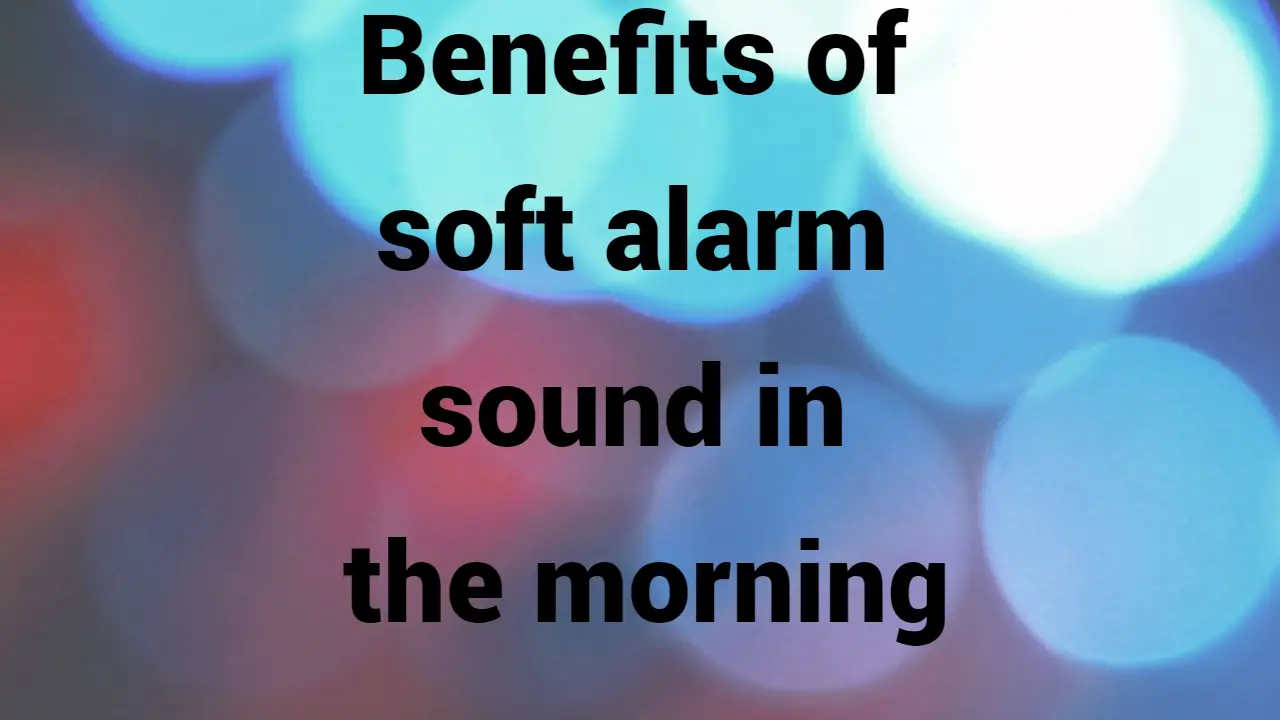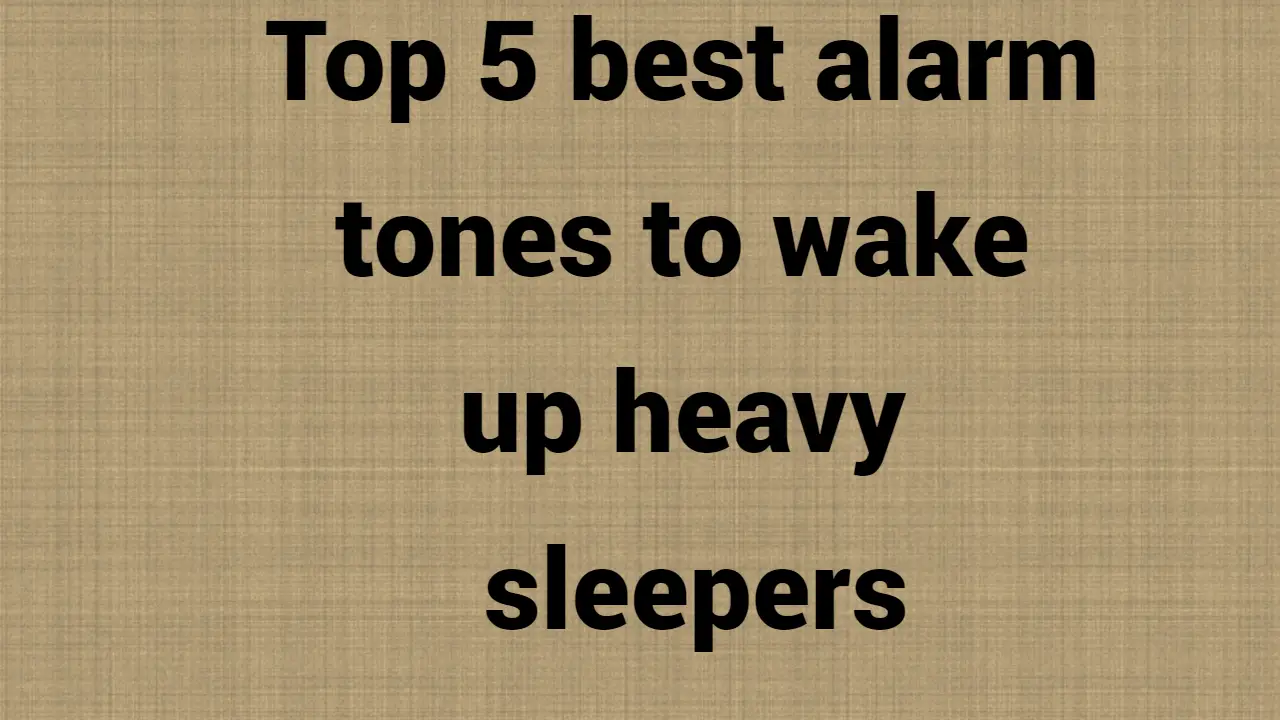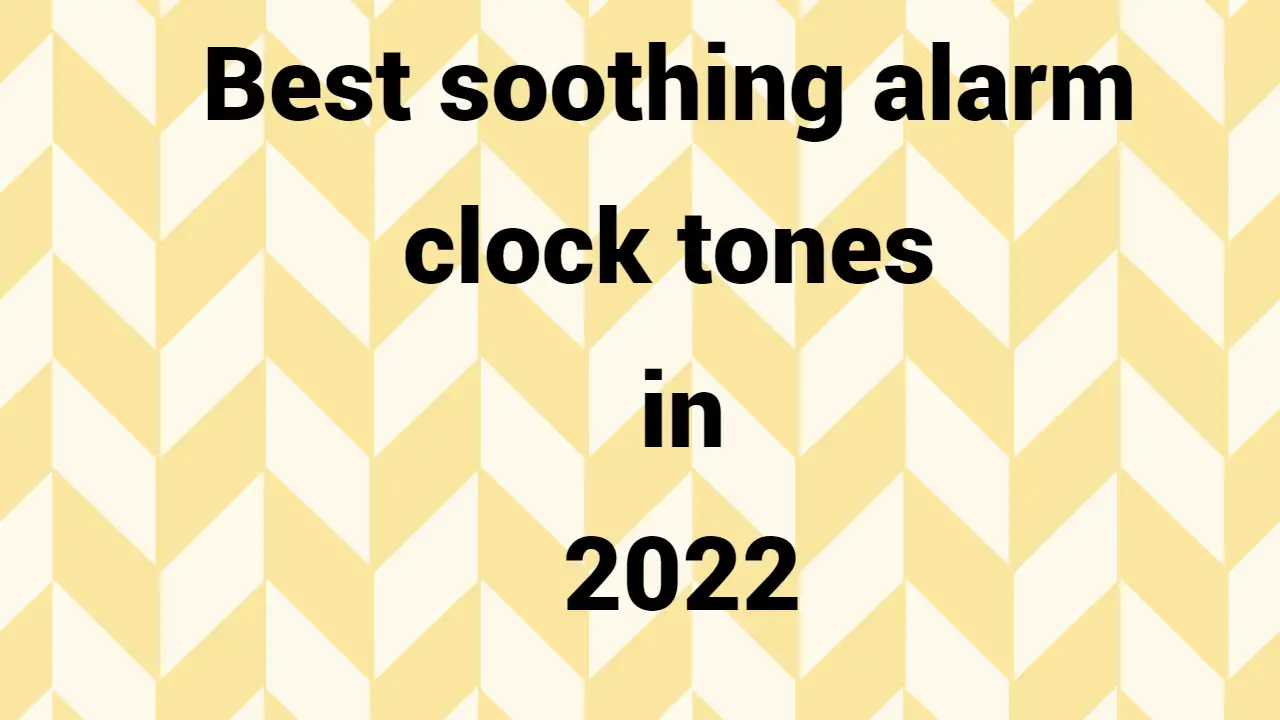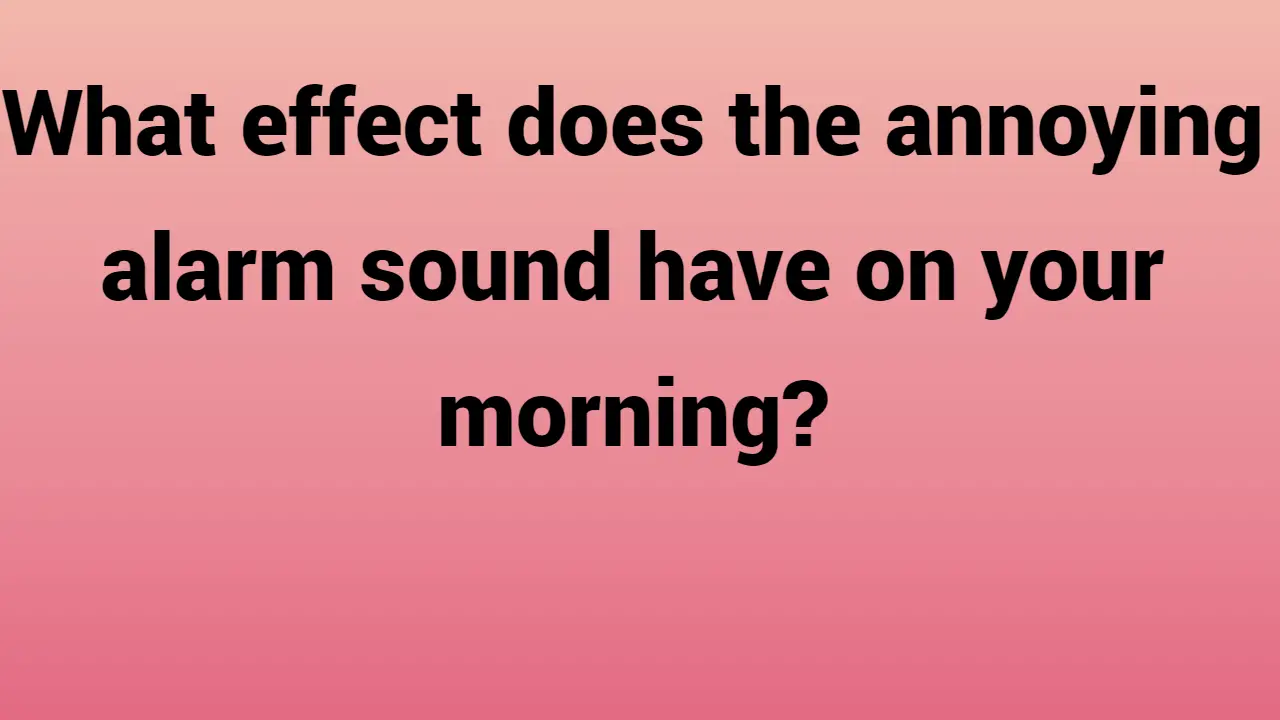According to a study by “Sleep Junkie,” 54% of people experience “dread” when they hear their morning alarm. 27% express anxiety.
What an awful way to begin the day!
A mere 11%, however, report feeling energized. Only 2% of people express excitement. Finally, only 3% of people report feeling awake. Not one alarm was sounded by the remaining 5%.
How would you describe your situation? When your alarm rings, do you experience fear and dread? Are you alert and prepared to face the world.
Our day’s course is greatly influenced by how we awaken in the morning. That’s how our day will go if we awaken startled and miserable. We’ll be that way if we awaken vivacious and alive!
Therefore, the most crucial thing you can do each day is to set the tone and protect the morning. Did you notice that the study mentioned above asked participants to describe how they felt upon hearing the morning alarm? Not “How do you feel waking up in the morning?” was the question. We have a problem with the dreaded alarm sound.
Therefore, picking the appropriate alarm sound is crucial. a few common errors.
- selecting an obnoxious alarm tone. Mechanical alarm clocks were annoying and loud; if you grew up with large-dial phones, you probably remember them. One day I found one and realized that I wasn’t the only one who had been awakened. We want to avoid this at all costs.
- selecting a calming alarm sound. My father loved the soothing bird chirps that his iPhone alarm had been set to, and he would often stay in bed for an additional 20 minutes after awakening to them. truly ineffective
- selecting a rock anthem or your favorite tune. A typical rookie error is this. For the simple reason that you will soon begin to detest everything, including this song, this band, and this musical style! I still get scared listening to the opening riffs of a sweet child of mine.
Does that mean there is a perfect alarm sound? What’s the response? No. No studies describing the ideal alarm have come to my attention. Furthermore, as long as you avoid the mistakes mentioned earlier, it doesn’t matter how loud the alarm sounds.
Instead, concentrate on this one easy technique.
- Each week, change the alarm’s tone.
- Decide on the alarm sound for the upcoming week every Sunday night as a habit. A motivational speech, song, or meaningless alarm clock are all acceptable examples. However, by switching the alarm every week, our brain stops associating that sound with awakening from sleep. Thus, the feeling of dread and anxiety goes away.
How alarm clocks with sound affect sleep
If you’ve ever woken up feeling weak, drowsy, unable to focus, and generally “off,” it may be time to think about how you woke up.
- The majority of people use a sound-based alarm to startle themselves awake. This method of awakening ourselves has been used for hundreds, if not thousands of years.
- Although this has occasionally caused reactions like seizures and irregular heartbeats, for the majority of us, the response is not that severe.
- If you want to perform at your best throughout the day, regardless of whether you are an early riser, a night owl, a shift worker, or something in between, it is best to train yourself to not use any kind of alarm at all (a difficult task that is likely to cause you to wake up later than you’d like to begin with). Utilizing a light-based alarm clock is the second-best choice.
Let’s examine the science underlying why light-based alarms are so successful.
Not all forms of sleep are equal
There are several distinct stages to sleep, each with its own purpose and characteristics, such as how much your body and eyes move, how quickly you breathe, and how easily you can wake up. While N3 is the most challenging stage of non-REM sleep to awaken from, N1 is the easiest. A good alarm clock will wake you up regardless of your current level of sleep so that you can get on with your day, and loud noises are a sufficiently alarming(!) way to wake someone up from any level of sleep. Because of this, the majority of alarm clocks use noise as their preferred wake-up mechanism.
But waking up at a set time rather than considering the stage of sleep you are in before is problematic because of a phenomenon called sleep inertia.
The fundamentals of sleep inertia
After waking, a person who is experiencing sleep inertia will exhibit decreased mental and physical function and will exhibit:
- Making bad choices
- negative attitude
- feeling disoriented, confused, and
- muscle sluggishness
These effects typically only last a few minutes after waking up, but they have been known to last for up to four hours.
Sometimes the symptoms of sleep inertia can be confused with those of staying up all night; it’s like being sleep deprived the day after sleeping!
The stage of sleep you wake up from is one of many factors that affect how severe sleep inertia is; the deeper the stage of sleep that has been interrupted, the worse the resulting sleep inertia will be.
For instance, if you were to awaken from deep sleep stage N3, you would experience more severe sleep inertia than if you were to awaken from light sleep stage N1.
We can’t predict how bad an episode of sleep inertia will be from day to day because we don’t know what stage of sleep we’ll be in when a conventional alarm clock sounds and because the severity of sleep inertia upon awakening depends on the stage of sleep we wake up from.
Because their sleep cycle conflicts with their daily schedule, a lot of people suffer from sleep deprivation.
- late night and early morning schedule
- doing shift work
- being employed in a position that necessitates staying awake for extended periods of time
These factors suggest that these individuals will likely spend more time sleeping and in a deeper stage of sleep.
The symptoms of sleep inertia they experience when their alarm goes off and they awaken will therefore be severe. On top of the already existing sleep deprivation, this results in a terrible start to the day.
The question, “surely there must be a better way to wake up?” is therefore reasonable. There is a light-based alarm clock or light that mimics dawn, for that matter.
The light-based alarm clock
Light-based alarm clocks usually function by gradually increasing the brightness of the light they emit just before your desired wake-up time in order to simulate the effect of the rising sun. This results in a more gradual “waking up” process that is more in sync with your sleep cycle. This is crucial for several reasons:
- When using a light-based alarm, the effects of sleep inertia are lessened, in part because the light is less likely to wake you up while you are in a deep sleep, leaving you feeling more awake when the day begins.
- According to studies, using a light-based alarm clock to wake up will improve your mood.
- When you awaken in response to light rather than sound, you are more likely to experience cognitive advantages like enhanced memory and concentration.
- The likelihood of a “post-lunch dip,” in which you feel sleepy in the afternoon, may be decreased by the more natural, gradual waking process of a light-based alarm clock.
Simply put:
Given the significance of high-quality sleep for overall health, it would be wise to think about switching from a sound-based alarm clock to one that uses light so you can begin taking advantage of its many advantages.
- Alarm clocks that use sound to wake you up.
- This type of awakening can cause sleep inertia, which leaves us feeling drowsy, off-balance, and not our best selves.
- By using light to wake up instead of darkness, we may feel more alert, our mood may be improved, and our memory and concentration may improve throughout the day.
The ability to control light can have a significant impact on how rested you feel when you wake up and improve your ability to establish a routine and get better sleep. Sadly, it won’t make everyone’s sleep problems go away.
Therefore, always choose the alarm that will start your day off with happiness and positivity, whether it be a sound-based alarm or a peaceful alarm sound.






